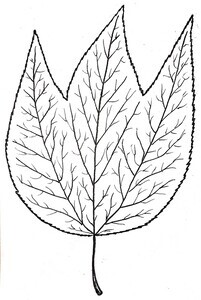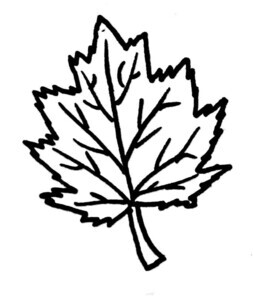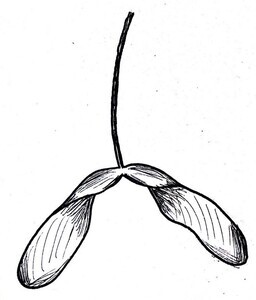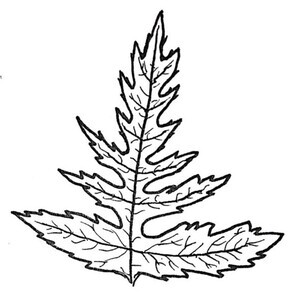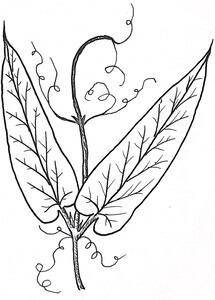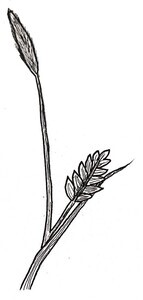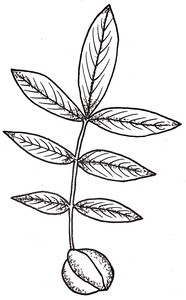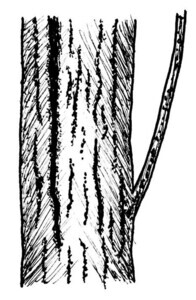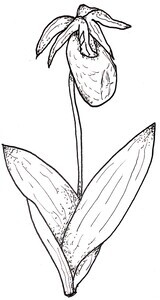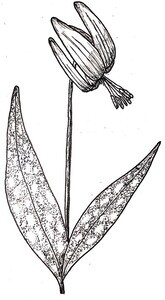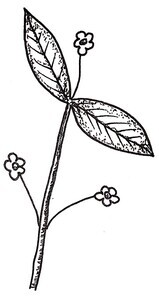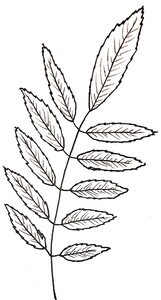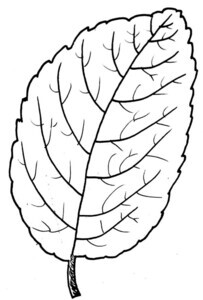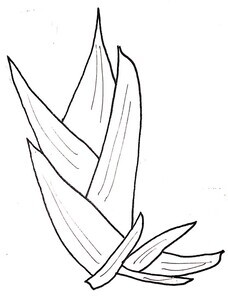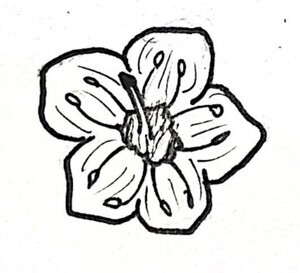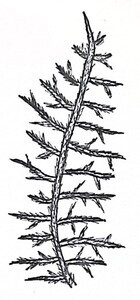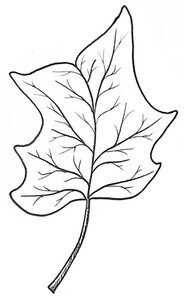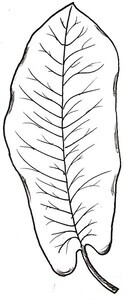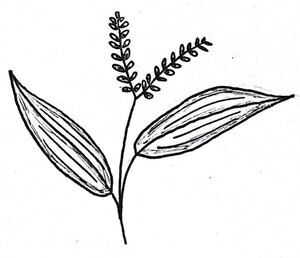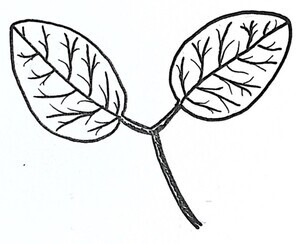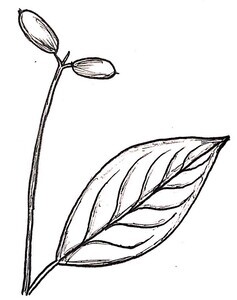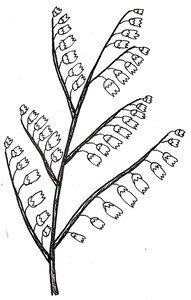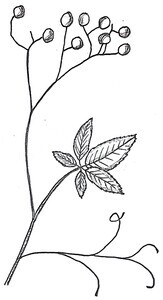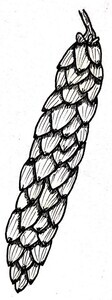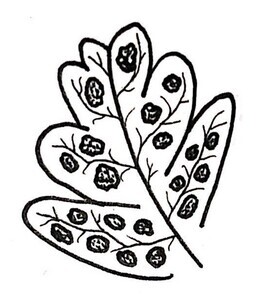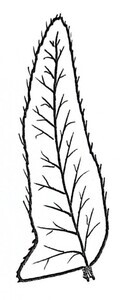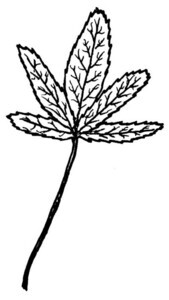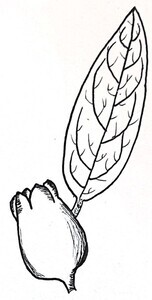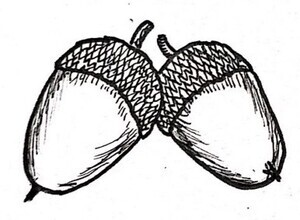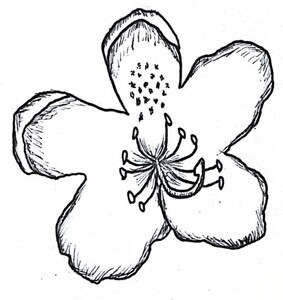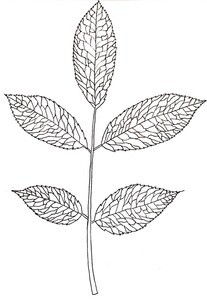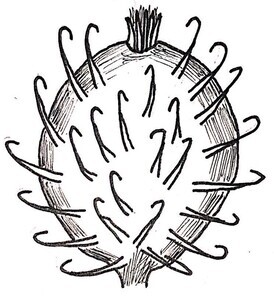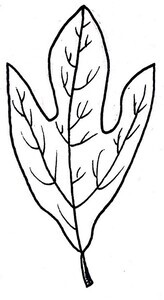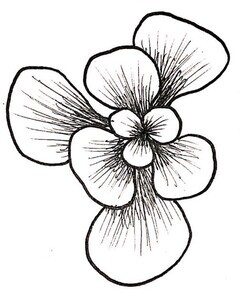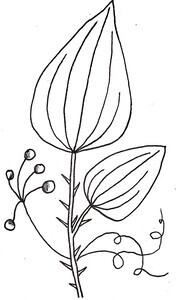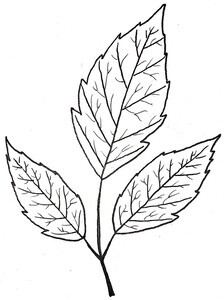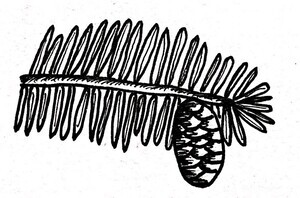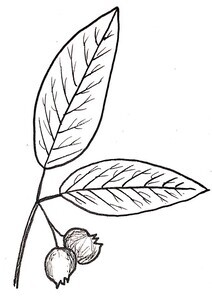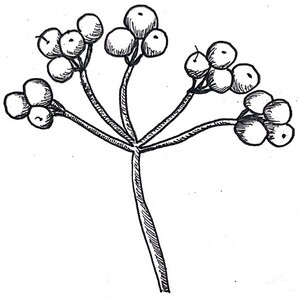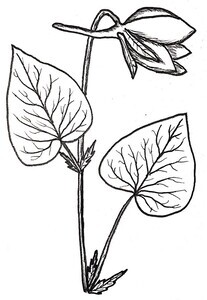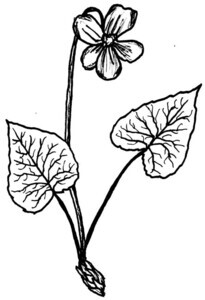Love
The emotions surrounding passion and love of the forests and trees is what has kept many of the research participants going towards the restoration of the American Chestnut. Many using non-verbal hand gestures emphasizing their passion for being outdoors and loving trees was present in many of the interviews.
Similarly to the emotional political ecology of excitement, having a love and passion is a common tie to continue towards a shared mission of having Chestnuts reinstated in the Appalachian culture. However, unlike excitement, the passion for trees was extremely personal for many of the participants:
“And, the good Lord also gave us a love for our land, a love for our forests, and a love for our fellow man.”
Rex, Wednesday June 28, 2023
“And so at that time, in all the major cities of America, there was a love of the American Chestnut and they were roasted on the streets.”
Rex, Wednesday June 28, 2023
Sara,
click text to visit interview
“I’m an arborist anyway, so I’ve got a passion for trees. I love trees…This is not a job, it’s an adventure, I love it…I love working with Chestnuts.”
Terry, Wednesday June 28, 2023
Savannah,
click text to visit interview
One of the most abundant emotional political ecologies was this love and passion held at the individual level as well as partially at the community level of living in the forests of Central Appalachia. When the Chestnut died, the entire multispecies assemblage composing the biodiversity of the forests did not all go away as well.
However, the love for the forests is what has kept the participants going in the search of a blight resistant tree either through finding a population of remnant trees with natural resistance or a new type of resistance using genetic engineering. However, the emotions involved could, in one way, distract from the biopolitical and racialized undertones of the restoration projects (Biermann, 2014).
